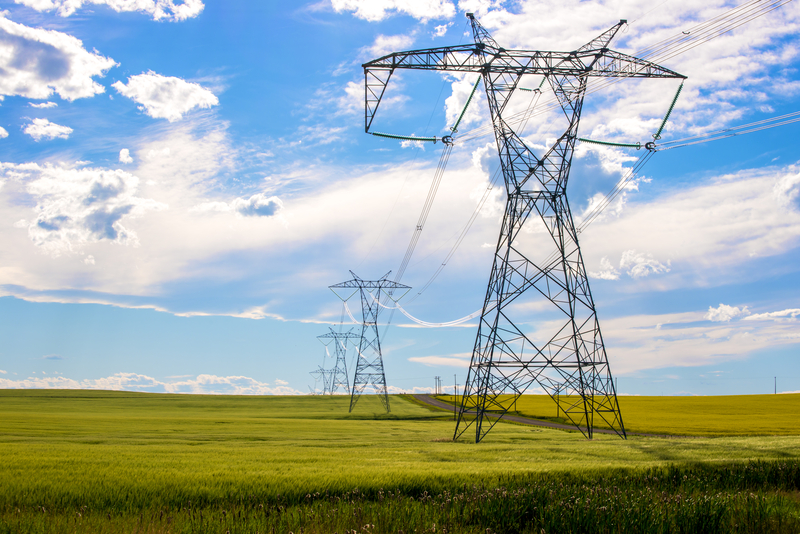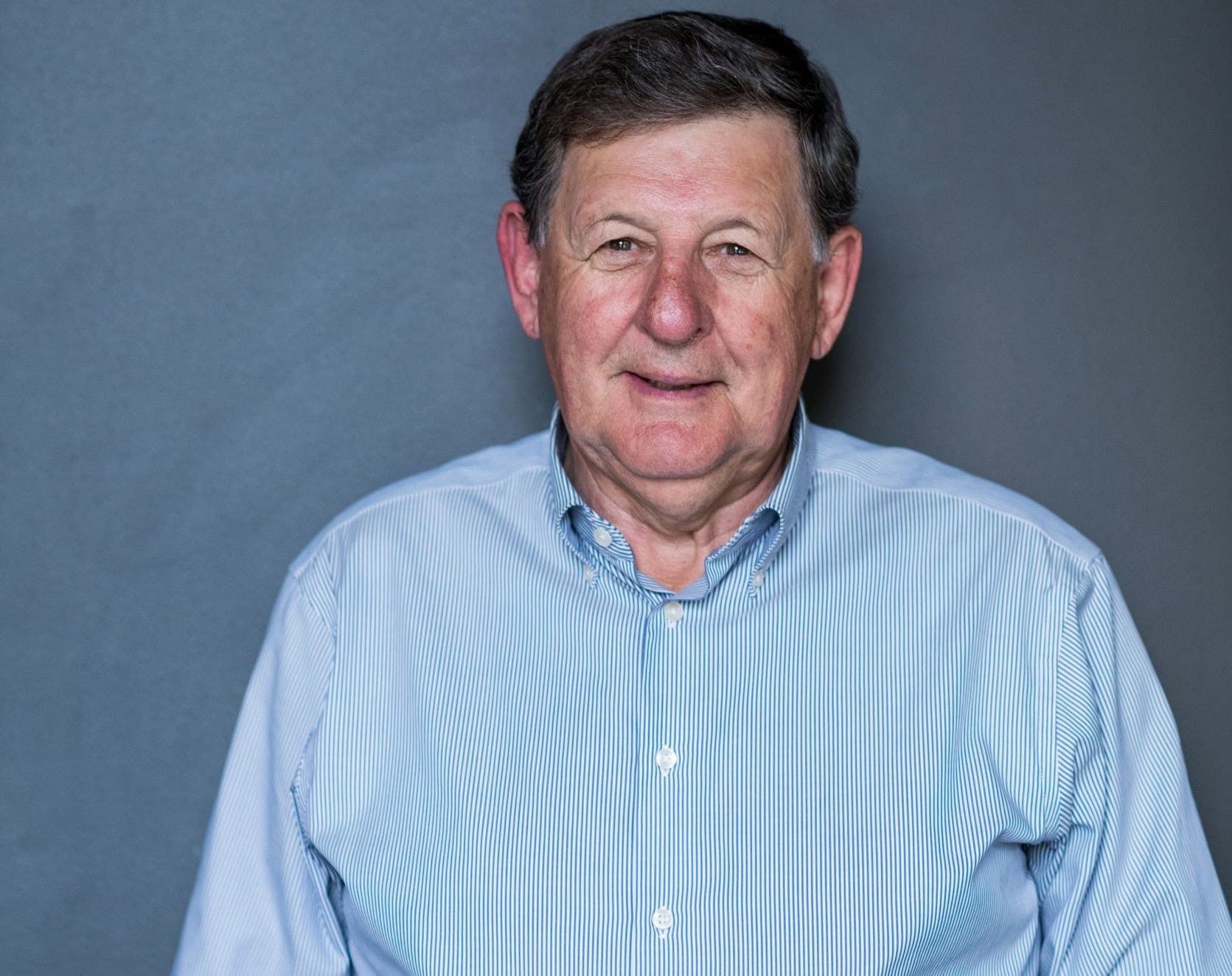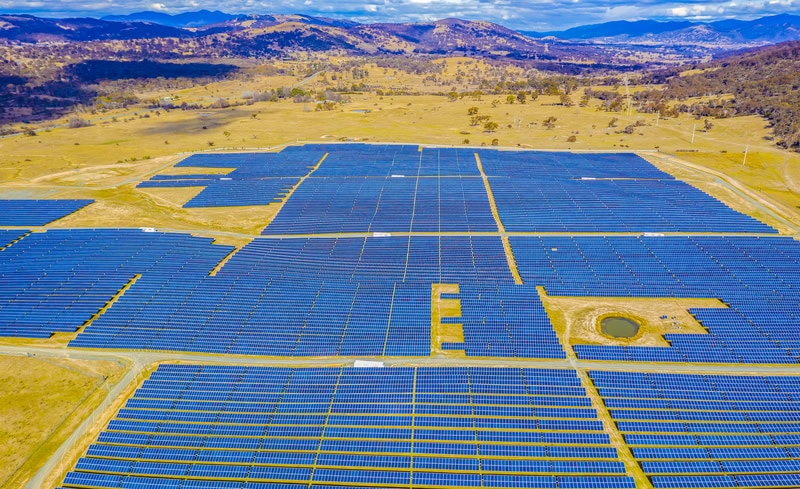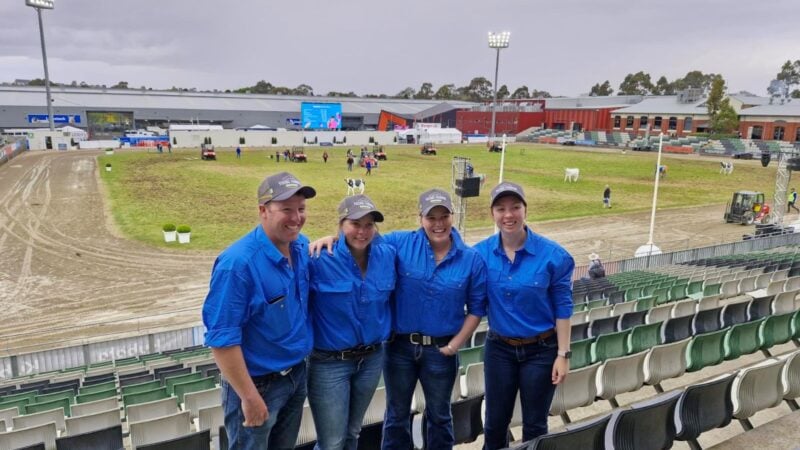Nick Arena�s unique approach to business diversification has helped him and his team to navigate…
Should transmission lines be buried?

NSW Farmers has welcomed the Parliamentary Inquiry into undergrounding transmission line, calling it a win for common sense and community safety.
The inquiry will focus on new transmission lines required to get power to the grid from the multiple renewable energy projects proposed or under construction in regional areas. It is estimated that more than 2,500km of new transmission lines are needed to accommodate new renewable energy generators and interconnection between regions, renewable energy zones and states.
�NSW landowners are a key part of locating the renewable energy transition away from centralised coal fired power to a vast network of renewable projects and gridlines,� says NSW Farmers Environment Policy Manager Nick Savage.
�To date this has been largely ignored and lines on maps drawn regardless of the impacts on farmers in all states. This approach has alienated many landholders and this inquiry will demonstrate the lack of regard paid to rural landholders and regional communities,” Nick said
He said NSW Farmers has supported a more inclusive approach and will be assisting the inquiry with a submission and encouraging impacted members to tell their stories.
NSW Farmers Energy Transition Working Group chair Reg Kidd agreed, saying landholders are too often ignored by the big developers.
“We support a robust inquiry, because it will find that there are places where undergrounding wires is a win-win for production and community amenity that has not been addressed to date,” Mr Kidd said.
“Until now undergrounding has been ignored or dismissed as too expensive, not because of a cost/benefit analysis, but rather through the lack of will to fully investigate the impacts of huge infrastructure on rural communities.
“There has been a lot of just drawing lines on maps and justifying route selection in order to minimise cost and get onto the next project, and the real impacts of above ground infrastructure have not been assessed, and this is what this inquiry will reveal.”

While proponents say overhead powerlines were cheaper than running lines underground, Mr Kidd said, those claims did not stack up when compared to the damage caused by bushfires.
According to a Wollongong University study, there was strong evidence the consequences of fires caused by transmission were worse than fires from other causes, and that fires caused by electrical faults were more prevalent and burned larger areas during elevated fire danger conditions. The total economic cost of bushfires was set to almost double in the next 40 years, according to a conservative estimate from Deloitte, to about $1.3 billion per year by 2060. For context, the damage from the Black Summer fires alone was estimated at $230 billion.
�We have lost hundreds of people to these horrific bushfires, and the economic cost is in the hundreds of billions,� Mr Kidd said.
�We need to improve the understanding of disaster risks � such as from overhead transmission lines � and then collaborate and coordinate to build resilience and address the long-term costs of natural disasters.
�Underground power lines might cost more now, but we would argue that if they save lives and improve firefighting efforts then that is money well spent.�
Mr Kidd said balancing the cost of underground power lines against the potential risk and losses caused by overhead power lines was vital to getting a full understanding of the situation.
“The imposition of compulsory hosting of towers and wires that severely impact operations on many properties and diminish their value can be addressed through thoughtful planning, including underground placement where appropriate,” Mr Kidd said.
“Put simply, we have heard from a number of members that they believe they are being asked to accept what would never be considered for city residents.
“We need an urgent remedy for the planning mistakes of the past and said there must be greater consideration of the lifetime costs and benefits of undergrounding power lines from the outset of every project to protect communities.”

According to the Minister for Energy, Penny Sharpe, the Legislative Council inquiry report will have particular reference to:
� the costs and benefits of undergrounding;
� existing case studies and current projects regarding similar undergrounding of transmission lines in both domestic and international contexts;
� any impact on delivery timeframes of undergrounding, and
� any environmental impacts of undergrounding.
Public submissions are open until 14 July 2023, with hearings to follow in late July 2023. A final report is due on 31 August 2023.
Further information about the inquiry, including the full terms of reference and lodging a submission, is available on the committee’s website.
Read more on undergrounding debate here.









For the life of me and my farming family of 100+ years I do not understand why it is not a given that power lines on farming land are not always buried. Productive land being made unproductive is the first fact. Alone this fact is more than enough.
Do we need a forum, a summit or another waste of time and money to know this.
Honestly, those CEOs and heads of this and that should not hold these positions of status if they need to be reminded of this fact.
Thanks for the feedback Susan